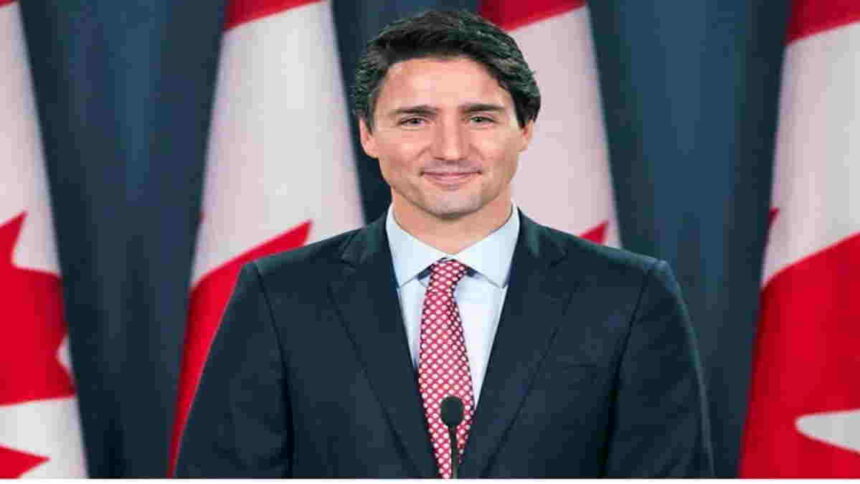Canadian Prime Minister Justin Trudeau will announce his resignation as Liberal Party leader on Monday, a source familiar with the Prime Minister’s plans said. He will not resign as prime minister but will stay in office until a new leader is elected, bringing an end to an 11-year leadership of the Liberal Party and a nine-year premiership.
Trudeau’s Resignation: A Pivotal Moment for Canadian Politics
He steps aside at a time when political and public scrutiny is very strong. His leadership overcame many crises during the years, but recent months brought such a juncture of challenges that his party’s future was put into doubt. With an impending general election, in which polls show the opposition Conservative Party well ahead, pressure on Trudeau and his party grows.
For instance, internal party dynamics and criticism from outside have thus formed part of his reasoning. The Liberal Party is suffering not only due to the eroding public confidence in it, but even internally, due to uncertainty and ambiguity, with several months to go before an election must be called, no later than October 20.
Leadership Transition within the Liberal Party
It’s rare for a sitting leader to resign this close to a general election in Canadian politics. Trudeau’s decision now ensures there will be a Liberal leadership contest. The process for that is usually directed by the party’s national executive, which will likely meet later this week.
While Trudeau will still be prime minister through the transition period, an absent permanent leader could continue to weaken any effort by the Liberals to regain their footing with the public dissatisfied.
The polls seem to indicate that the Conservatives, under the leadership of Pierre Poilievre, are 20% ahead in national averages over the Liberals. Poilievre has proven to be quite aggressive in his articulation and has resonated with a number of Canadians who feel alienated by Trudeau’s leadership and the direction of the Liberal Party.
Trudeau’s Legacy and Future Prospects
His time in office has been marked by moments of historic achievement and controversy. When first elected back in 2015, his promise of progressive change was one that reached out to a wide swath of Canadian voters. As Trudeau’s tenure wore on, his administration began to be criticized for everything from economic policies to ethical controversies.
His decision to resign the party leadership post now seems to have been a tactical one: to leave on his terms rather than face almost certain defeat at this election. This may also be a chance for the party to change its platform and attempt to fight back some lost ground.
With a formal declaration expected to be made at 10:45 a.m. ET on Monday by Trudeau, Canadians will also be looking for any signs about the direction of the Liberal Party. The coming weeks will be critical, as internal proceedings get underway for the transition of its leadership and struggle to regain the confidence of voters.



